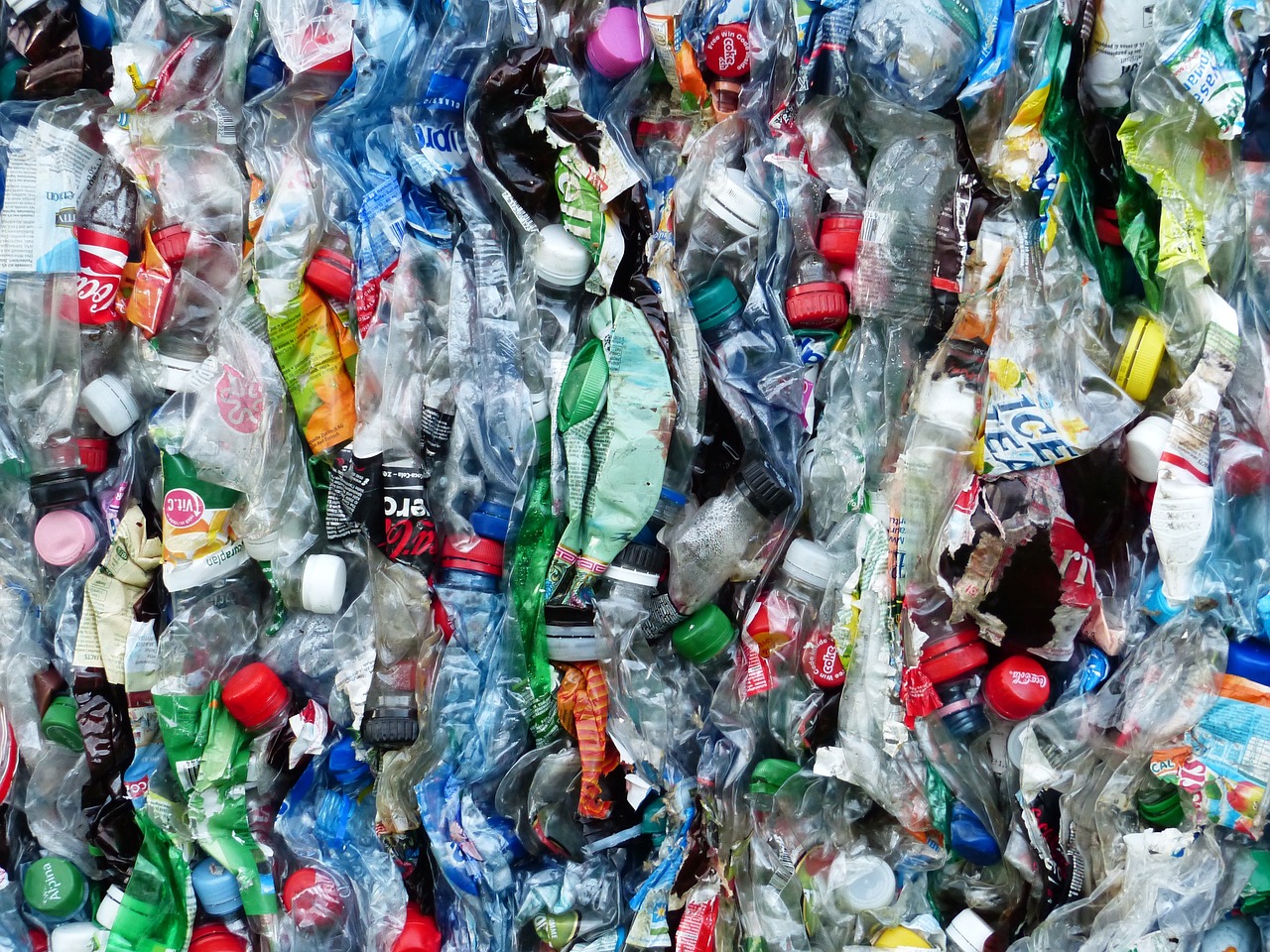Recycling myth

I keep hearing: Hey, it's recyclable, it's good for the environment! Let's take a closer look. A product, let's say a candy wrapper, is recyclable. That's good for now! But where is the cycle that actually leads the whole thing to good? The packaging is most likely made of a petroleum-based plastic. Actually, this plastic is far too valuable to be used once as packaging. This packaging could be designed so that it can then be used again. None. You could make granules out of it and use energy to make a new product out of it. For example, there is the yellow bin that is supposed to ensure this. Around 60% (2020) of plastic packaging in Germany is recycled. In 2018 it was just under 48%. Great right? But this has only improved because the legal requirements changed in 2019. The amount of plastic packaging waste has more than doubled from 1995 to 2021. This represents an overall deterioration since 1995. Eight percent of the plastic waste found in the Arctic comes from Germany. If recycling systems could solve everything, Germany would be in a much better position since the introduction of recycling in the 1980s. 40 years for the bin?
Kunststoffabfälle in Deutschland - NABU
Deutscher Plastikmüll in der Arktis | tagesschau.de
A few more articles on the chemical recycling of plastic (i.e. the lowest level of the lowest cycle management, even before recyclable recycling). The fairy tale violates the laws of thermodynamics. This also affects all tire manufacturers who now advertise pyrolysis-based circulation:
Das Wegwerf-Prinzip | Greenpeace
Chemisches Recycling bei Kunststoffabfällen (wwf.de)
Chemisches Recycling von Kunststoffen - NABU
In the bicycle sector it looks like this:
- Carbon products are not recyclable
- all other composite materials are not recyclable
- Metal can be recycled using a lot of energy
- Aluminum frames break after a reasonable amount of time and can be recycled with a lot of energy
- recyclable aluminum products often come from China; Aluminum from China is significantly dirtier than European aluminum
- Lithium-ion batteries produce gigantic amounts of hazardous waste and cause significant problems in mining areas
- Recycling systems do not exist in the industry
- The throwaway mentality and increased sales are supposed to save the world through the transport transition
- Reifenprodukte, die gegen die Gesetze der Thermodynamik verstoßen, werden als "grün" verkauft
Darum ist Aluminium nicht gut für die Umwelt - quarks.de
Warum wir dringend eine Rohstoffwende brauchen! | AK-Rohstoffe
Recycling can be a useful component of the circular economy. On its own, it does not automatically achieve what makes sense. These are the other building blocks that need to be thought about and implemented BEFORE:
Reduce: We only produce what is needed. We avoid toxins and anything that isn't good for you. Byebye, Li-Ion battery, byebye carbon. Byebye high inventory and consumerism.
Reuse: For this we need high durability. Bybye aluminum frame. Byebye cheap bearings.
Refurbish: For this we need the ability to repair and surfaces that can be refurbished. Byebye full encapsulation. Byebye press fittings and the like.
Remanufacture: Completely dismantle, remanufacture the individual parts and produce them again. Byebye linear economy.
... and only when nothing else works, recycling. And please do so with renewable energy.
For this we need products in eco design. We need to talk about business models for eco-design products instead of recycling. In Eco Design, the lowest level of circulation is a natural prerequisite for the levels above. The circular economy decouples resource consumption from our lifestyle.
Essentially, we have to RETHINK. And don't carry on as before and recycle everything. It's tiring and tedious, absolutely true!
And now let's talk about the gigantic opportunities:
- A clean and toxic-free world
- less mining and instead nature
- Climate crisis under control
- really clean mobility
- The smart factory of the future will coordinate these levels independently at some point and we will take care of the important things in life (health, family).
- Prosperity AND high quality of life for everyone
Why should we settle for a painted caterpillar (=greenwashing) when we can have the butterfly (=sustainable transformation)? We limit ourselves with our fear and our comfort. We could have paradise on earth.